A three-judge panel is set to hear former President Donald Trump’s appeal of a lower court decision rejecting claims that some of his actions on Jan. 6, 2021, were protected by presidential immunity.
Scheduled for Jan. 9, it’s the second major appeal of the Justice Department’s (DOJ) prosecution of President Trump in D.C. The former president will make an appearance at the hearing.
President Trump confirmed on Jan. 8 that he would attend, stating, “Of course, I was entitled, as President of the United States and Commander in Chief, to Immunity. I wasn’t campaigning, the Election was long over.”
He added that he “was looking for voter fraud, and finding it, which is my obligation to do, and otherwise running running [sic] our Country.”
D.C. District Judge Tanya Chutkan, whom President Trump has accused of bias, ruled in December that he wasn’t immune from prosecution. “Defendant’s four-year service as Commander in Chief did not bestow on him the divine right of kings to evade the criminal accountability that governs his fellow citizens,” she wrote in her judgment.
President Trump appealed that decision to the U.S. Court of Appeals for the D.C. Circuit while Special Counsel Jack Smith sought the U.S. Supreme Court’s intervention to fast-track the appeal. The justices ultimately declined Mr. Smith’s request, leaving the matter in the appellate court’s hands and maintaining a stay on the district court’s proceedings.
It’s unclear when the appellate court will issue a decision but its deliberations and potential further appeal to the U.S. Supreme Court could delay the planned trial date of March 4. If the judges rule in favor of President Trump, it would undermine the DOJ’s case against him.
Regardless of the outcome, the decision will likely be appealed to the U.S. Supreme Court by either DOJ or President Trump. It comes as the Supreme Court heads toward review of a Colorado court’s ruling that he be disqualified from appearing on the state’s ballot because he allegedly engaged in an insurrection as outlined under Section Three of the Fourteenth Amendment.
The Arguments
So much of President Trump’s current legal challenges center on his response to the 2020 presidential election and, in particular, his conduct on Jan. 6, 2021. The presidential immunity debate is informative as it could prompt court opinions on how much the law shielded President Trump’s activities on that day.
The appellate court has already ruled that President Trump isn’t immune from all civil liability and allowed a lawsuit by U.S. Capitol police officers to proceed against him. The Supreme Court previously held in Nixon v. Fitzgerald that presidents were immune from civil liability for conduct that fell within the official duties of their office.
The DOJ, which is bringing criminal charges, contended that the president misconstrued the concept of presidential immunity. “The defendant, a former President, does not enjoy immunity from federal prosecution for the offenses charged in this case,” one of the special counsel’s filings read.
President Trump has argued that because the Constitution vests executive power in the president, his conduct isn’t reviewable by courts in the same way as conduct by other executive officers.
“That doctrine is not controversial. It was treated as self-evident and foundational from the dawn of the Republic, and it flows directly from the exclusive vesting clause of Article II,” a filing on behalf of President Trump states. “In 1803, Chief Justice Marshall endorsed it, writing in Marbury v. Madison that a President’s official acts ‘can never be examinable by the courts.’”
President Trump’s attorneys also argued that the DOJ’s prosecution violates the Constitution’s protection against double jeopardy because the U.S. Senate had already acquitted him in response to an article of impeachment related to Jan. 6.
Last week, Trump attorney John Lauro filed a motion asking Judge Chutkan to sanction Mr. Smith and his team for attempting to provide evidence in the discovery process while the trial is on pause. The judge, he wrote, should hold the special counsel’s team in contempt.
Several amicus briefs have been filed, including one from the group American Oversight, which argues that the appellate court lacks jurisdiction to review the denial of immunity by Judge Chutkan.
Another from former government officials, including President Trump’s former special counsel Ty Cobb, argued that the immunity claim “finds no support in the Constitution’s text or historical practice.”
Yet another brief, by two law professors and former Attorney General Edwin Meese, claims to not support either side’s position in the appeal but argues that Mr. Smith lacked “authority to conduct the underlying prosecution.”
It argues that neither U.S. statutes nor the Constitution “remotely authorized the appointment by the attorney general of a private citizen to receive extraordinary criminal law enforcement power under the title of Special Counsel.”
By Sam Dorman



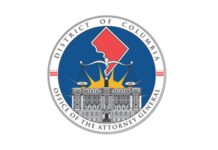



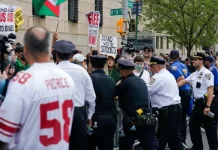


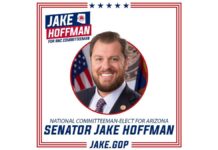
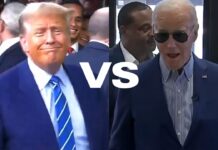
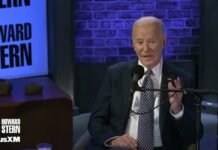

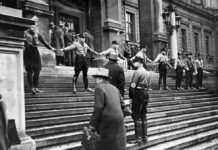

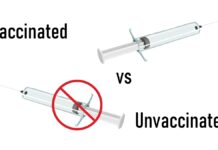
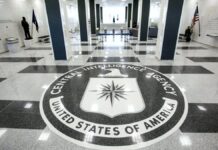
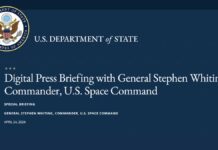




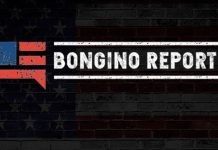


















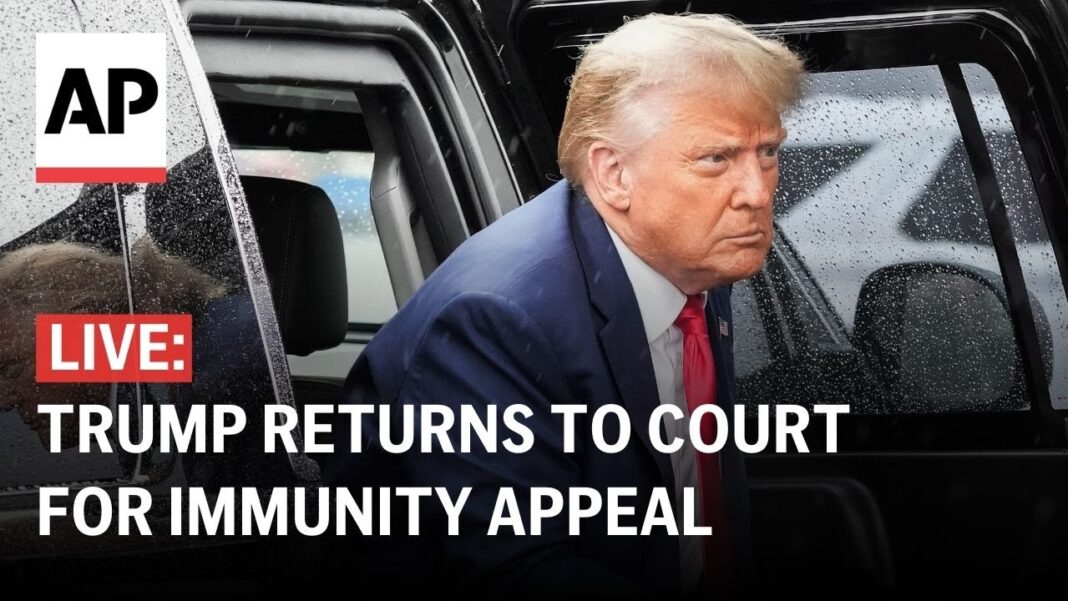




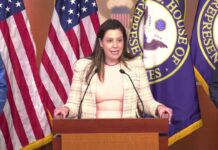
![It’s amazing . . . just how filthy this case [against TRUMP] is!](https://www.thethinkingconservative.com/wp-content/uploads/2024/04/maxresdefault-256-218x150.jpg)